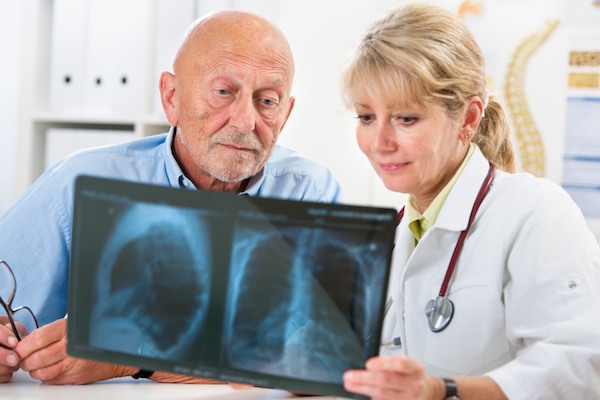
MONDAY, Aug. 23 (HealthDay News) — Although experts have long suspected alcohol to be a breast cancer risk factor, new research suggests it’s most strongly linked to certain breast tumor types.
Researchers reporting in the Aug. 24 issue of the Journal of the National Cancer Institute found that women who drank one alcoholic beverage a day were at higher risk for developing estrogen receptor- and progesterone receptor-positive breast cancers.
Alcohol consumption was also connected with an increased risk for noninvasive breast cancers, but not for invasive tumors.
Alcohol is probably not the only factor at play here, added Dr. Gretchen Kimmick, an associate professor of medicine at Duke University Medical Center.
“It’s not a surprising finding, [but] when they stratified by hormone replacement therapy use, the effect went away, so this probably has to do with quite a few other things, not just alcohol,” she said.
For this study, researchers followed almost 88,000 postmenopausal American women participating in the Women’s Health Initiative study from 1993 to 1998.
Women reported how much they drank but only at one point in time: They did not provide information on their history of alcohol consumption, nor was the information updated as the study continued.
Women who imbibed seven or more drinks a week had a higher risk of hormone receptor-positive breast cancer, but only lobular carcinoma, not ductal carcinoma, which is the more common type. This was in comparison to teetotalers.
“It was a little bit surprising that for most common type of breast cancer, ductal breast cancer, we didn’t find any association with alcohol,” noted study lead author Dr. Christopher Li, a full member at the Fred Hutchinson Cancer Research Center in Seattle. “It was really restricted to lobular cancer, where the magnitude of risk was much stronger than what we see for breast cancer overall.”
The risk of tumors that were both estrogen receptor-positive and progesterone receptor-positive increased by 8 percent per drink per day. The risk of estrogen receptor-positive but progesterone receptor-negative cancers increased by 12 percent per drink per day.
Both lobular cancers and hormone receptor-positive cancers have better survival rates than the others.
“Minimizing alcohol intake will decrease breast cancer risk, and there are a lot of things we know that increase risk similar to what alcohol does. No one factor in particular is going to cause breast cancer in itself. They’re probably all related and we’re trying to figure out what the multiple factors are that cause breast cancer for women,” Kimmick said.
“We know that alcohol is a well established risk factor associated with breast cancer. What was unique about this study is that they tried to differentiate the type of cancer,” said Dr. Sandhya Pruthi, a breast health specialist with the Mayo Clinic in Rochester, Minn. “There are so many different varieties of cancer, invasive ductal being the most common, representing about 70 percent of all breast cancer diagnoses.”
While the findings don’t have much clinical relevance — since women don’t know beforehand if or what type of breast cancer they might develop — Pruthi suggested that this might spur research into whether other risk factors, for example, having your first period very young, might be associated with specific types of cancer.
“This shows that alcohol is a risk [factor] for developing breast cancer, and I think that women should be counseled that [drinking alcohol] does increase risk of breast cancer,” added Dr. Jay Brooks, chairman of hematology/oncology at Ochsner Health System in Baton Rouge, La. “Women should be advised [of the risk] but she has to make a decision how important having alcohol in her life is.”
More information
The American Cancer Society has information on how alcohol is related to different types of cancers.

